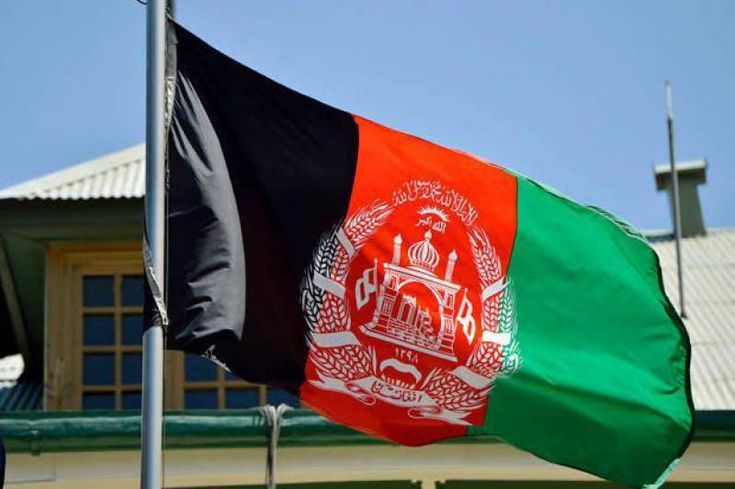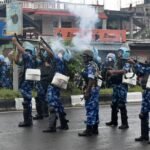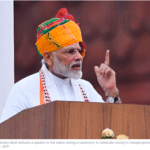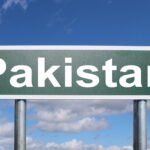In a significant diplomatic move, key regional players have joined forces, urging Afghanistan’s interim government to take decisive action against all terrorist groups operating within its borders. This united call for action emerged as a central theme in the declaration issued after the latest meeting of the Moscow Format Consultations on Afghanistan, held in the Russian city of Kazan on Friday.
The fifth installment of the Moscow Format Consultations on Afghanistan brought together special representatives and senior officials from China, India, Iran, Kazakhstan, Kyrgyzstan, Pakistan, Russia, Turkmenistan, and Uzbekistan. This pivotal meeting also featured the acting Minister of Foreign Affairs of Afghanistan and welcomed representatives from Saudi Arabia, Qatar, the United Arab Emirates, and Turkey as honored guests.
Established in 2017, the Moscow Format was designed to foster regional consensus on the future trajectory of Afghanistan, a nation grappling with complex challenges. Notably, this year’s gathering marked the presence of Afghanistan’s interim foreign minister, elevating the significance of the event.
The joint declaration issued following the meeting expressed shared concerns about the deteriorating security situation in Afghanistan, primarily attributed to the intensified activities of terrorist groups, with particular attention to the threat posed by Da’ish (ISIS). While acknowledging the Afghan authorities’ efforts in combatting ISIS, the participants called for a comprehensive approach to combat all forms of terrorism, emphasizing the need to dismantle, eliminate, and prevent the presence of terrorist organizations on Afghan soil.
The collective message sent to Afghanistan underscores the urgency of the situation and the shared commitment to preventing the country from becoming a breeding ground for terrorism, thereby protecting regional stability.
One key point of concern highlighted in the declaration is the resurgence of Tehreek-e-Taliban Pakistan (TTP) within Afghanistan, despite the Afghan Taliban’s efforts to counter groups like Da’ish. Pakistan’s ongoing concerns about the TTP’s activities are believed to have influenced the joint call for action against all terrorist entities.
In addition to the anti-terrorism stance, the declaration also urged the Afghan authorities to enhance cooperation with neighboring countries to combat terrorism and drug trafficking, both of which emanate from Afghan territory. The participants reiterated their strong opposition to external support for terrorism within Afghanistan.
The declaration recognized the current Afghan authorities’ commendable efforts to reduce poppy cultivation but expressed concern about the continued presence of the drug trade. It called for a robust anti-drug policy, including addressing industrial drug production, to combat the growing menace effectively.
While the declaration acknowledged some representation of Afghan ethnicities in the Kabul administration, it underscored the need for genuine political pluralism and inclusivity. The participants encouraged the Afghan authorities to engage in constructive dialogue with alternative ethno-political groups, aiming for a balanced, broad-based, inclusive, accountable, and responsible government.
Human rights and freedoms featured prominently in the declaration, with a call for equal rights in areas such as work, education, and justice, without discrimination based on gender, ethnicity, or religion. Concerns were expressed about restrictions on women’s employment and girls’ education, with an appeal for modern education in line with international standards.
The declaration also highlighted the importance of cooperation with international and regional partners in addressing Afghanistan’s challenges. It stressed the need for responsibility from the US-led Western coalition, emphasizing post-conflict reconstruction, unfreezing Afghan national assets, and the immediate removal of unilateral sanctions.
Furthermore, the participants affirmed their commitment to an independent, united, and peaceful Afghanistan and rejected the deployment of military infrastructure facilities by third countries in Afghanistan and its neighboring states.
The meeting showcased the potential for regional economic projects involving Afghanistan and emphasized the importance of strengthening economic ties.
Finally, the declaration called for humanitarian assistance to Afghanistan, emphasizing the importance of avoiding the politicization of such aid, and expressed interest in expanding cultural, sports, and educational engagement with the current Afghan authorities.
The Moscow Format Consultations on Afghanistan have once again brought together key regional players to address the complex challenges facing Afghanistan. The united call for action against all terrorist groups, coupled with a commitment to inclusive governance, human rights, and economic development, underscores the determination to stabilize the region and foster a peaceful future for Afghanistan.














